Results
-
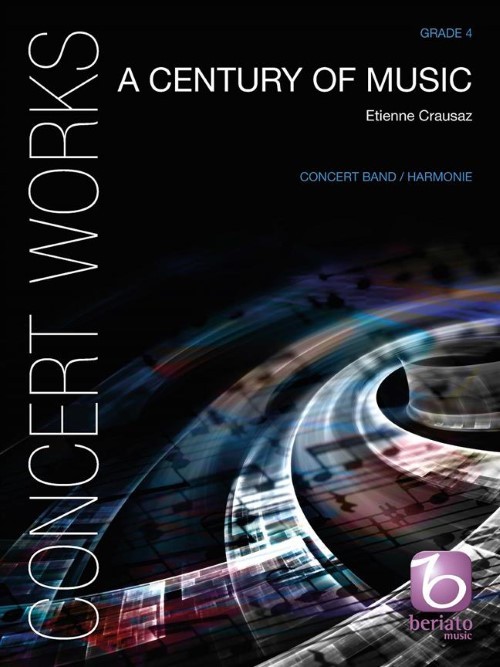 £144.99
£144.99A Century of Music (Concert Band - Score and Parts) - Crausaz, Etienne
This work was commissioned by the Concordia wind band and the Echo male choir, based in Miege (Valais, Switzerland), to mark their respective centenaries. The piece is a sanguine sounding work entirely based upon variations in several keys of a main hymn. This creates a festive and sprituoso atmosphere throughout this impressive, highly colourful and energetic work.Duration: 8.15
Estimated dispatch 7-14 working days
-
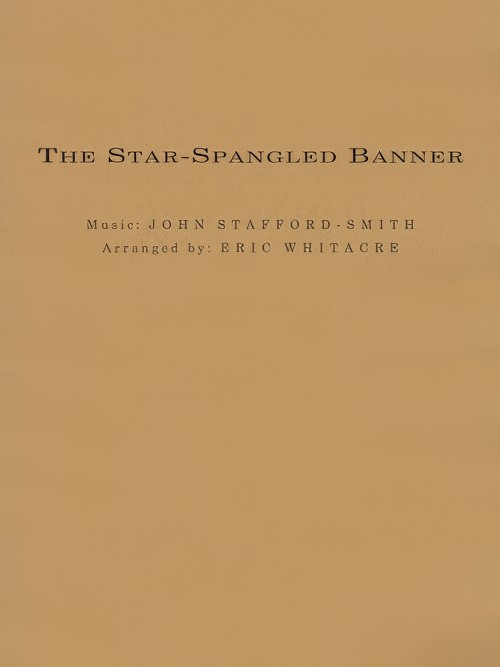 £72.99
£72.99The Star Spangled Banner (Concert Band - Score and Parts) - Stafford-Smith, John - Whitacre, Eric
Filled with colourful effects and vivid dissonance, Eric Whitacre has created a remarkable setting of our national anthem. Challenging and impressive, this arrangement is both reverential and unique. As an option, the choir and band can be performed together although both are designed to stand alone.
Estimated dispatch 7-14 working days
-
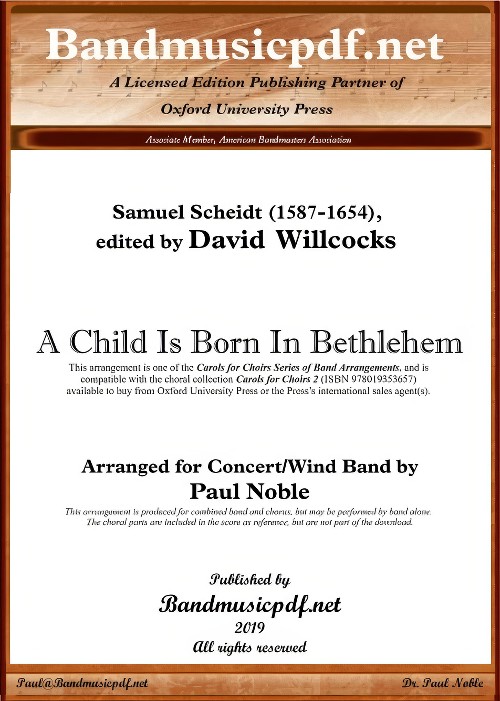 £75.00
£75.00A Child is Born in Bethlehem (Concert Band with Optional Choir - Score and Parts) - Scheidt, Samuel - Noble & Willcocks
Samuel Scheidt (1587 - 1654) was a German composer, organist and teacher of the early Baroque era, and was one of Germany's most distinguished composers at that time, especially in the field of keyboard music. His three volumes of Tabulatura nova (1624) are a monumental compendium of song and dance arrangements, sets of variations, fantasias, toccatas, fugues and liturgical pieces (often plainsong-based) for the Lutheran Mass and Office. Likewise his four books of Geistliche Konzerte illustrate the ways of elaborating a chorale, fusing declamatory ideas with contrapuntal writing. Scheidt was the first internationally significant German composer for the organ, and represents the flowering of the new north German style, which occurred largely as a result of the Protestant Reformation. Scheidt's music is in two principal categories: instrumental music, including a large amount of keyboard music, mostly for organ; and sacred vocal music, some of which is a cappella and some of which uses a basso continuo or other instrumental accompaniment. Edited for double chorus by David Willcocks, this arrangement represents one in the Series of Band Arrangements compatible with David Willcocks' Carols for Choirs.
Estimated dispatch 7-14 working days
-
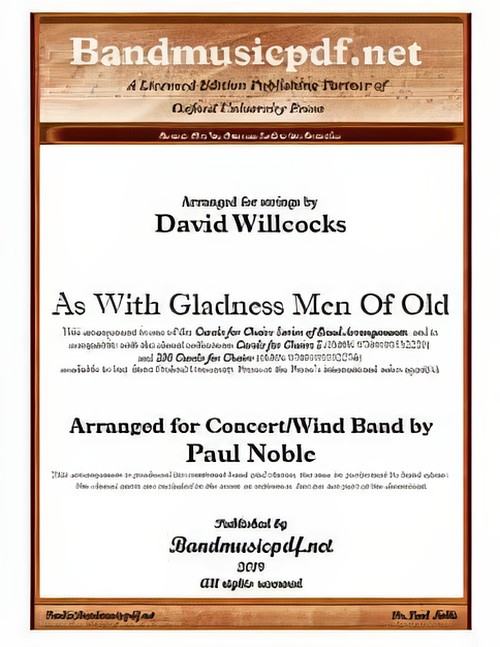 £75.00
£75.00As With Gladness Men of Old (Concert Band with Optional Choir - Score and Parts) - Noble & Willcocks
As with Gladness Men of Old is an Epiphany hymn, written by William Chatterton Dix on 6 January 1859 (Epiphany) while he was ill in bed. Though considered by many as a Christmas carol, it is found in the Epiphany section of many hymnals and still used by many churches. The music was adapted by William Henry Monk in 1861 from a tune written by Conrad Kocher in 1838. The hymn is based on the visit of the Biblical magi in the Nativity of Jesus. The hymn used Matthew 2:1-12 as a theme to compare the journey of the Biblical magi to visit the baby Jesus to each Christian's personal pilgrimage and as a reminder that it is not the value of the gifts, it is the value of giving and adoration to Jesus that is what Christians should seek. It is the only well-known Epiphany hymn or carol about the Biblical magi that avoids referring to them as either magi or kings and does not state how many there were. This arrangement represents one in the Series of Band Arrangements compatible with David Willcocks' Carols for Choirs.
Estimated dispatch 7-14 working days
-
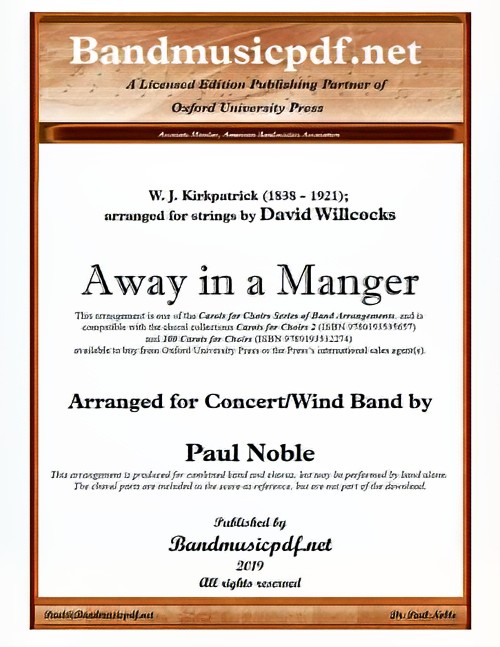 £75.00
£75.00Away in a Manger (Concert Band with Optional Choir - Score and Parts) - Kirkpatrick, William J. - Noble & Willcocks
Away in a Manger is a Christmas carol first published in the late nineteenth century and used widely throughout the English-speaking world. In Britain, it is one of the most popular carols; a 1996 Gallup Poll ranked it joint second. Although it was long claimed to be the work of German religious reformer Martin Luther, the carol is now thought to be wholly American in origin. This arrangement represents one in the Series of Band Arrangements compatible with David Willcocks' Carols for Choirs.
Estimated dispatch 7-14 working days
-
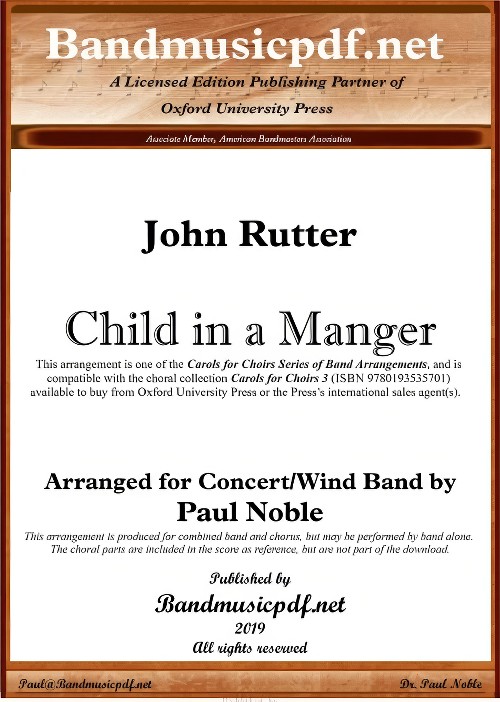 £75.00
£75.00Child in a Manger (Concert Band with Optional Choir - Score and Parts) - Rutter, John - Noble, Paul
The tune for Child in a manger first appeared as Bunessan, composed in the Scottish Islands, published in 1900 as a Christmas carol with lyrics translated from the Scottish Gaelic by Mary McDonald. The hymn tune later appeared in 'Songs of Praise', published in 1931 as Morning has Broken. This arrangement represents one in the Series of Band Arrangements compatible with David Willcocks' Carols for Choirs.
Estimated dispatch 7-14 working days
-
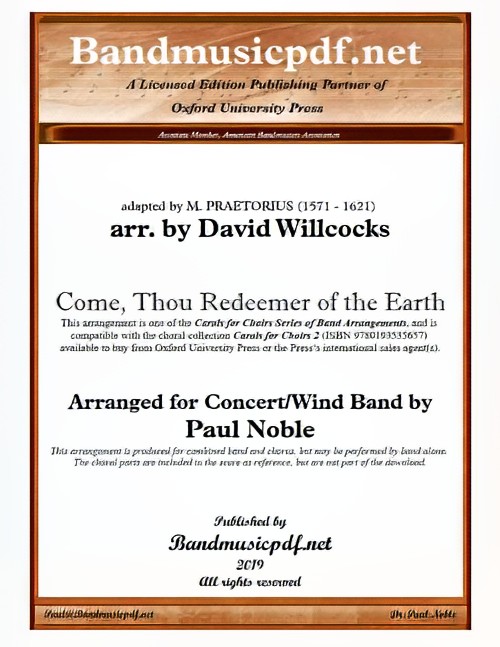 £75.00
£75.00Come, Thou Redeemer of the Earth (Concert Band with Optional Choir - Score and Parts) - Noble & Willcocks
Come, Thou Redeemer of the Earth is an Advent hymn with roots in a Latin hymn attributed to St. Ambrose of Milan (340 - 397), 'Veni Redemptor gentium.' It was translated into English by John Mason Neale in the middle of the nineteenth century and set to music from another old Latin hymn, 'Puer nobis nascitur' in the 17th century by Michael Praetorius (1571 - 1621). This arrangement represents one in the Series of Band Arrangements compatible with David Willcocks' Carols for Choirs. With eight verses (two of which may be omitted), it offers versatility in scoring, allowing the conductor to select the instrumental grouping for accompaniment as desired.
Estimated dispatch 7-14 working days
-
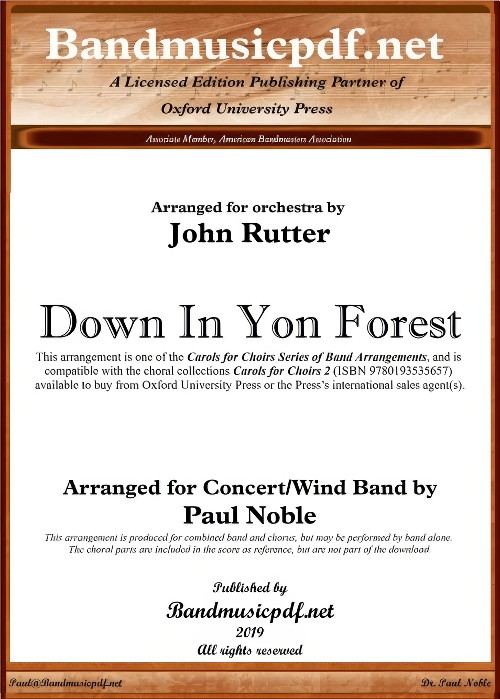 £75.00
£75.00Down in Yon Forest (Concert Band with Optional Choir - Score and Parts) - Rutter, John - Noble, Paul
Down in Yon Forest is a traditional English Christmas carol dating to the Renaissance era, ultimately deriving from the anonymous Middle English poem known today as the Corpus Christi Carol. The carol has been arranged in modern English by John Rutter. This arrangement represents one in the Series of Band Arrangements compatible with David Willcocks' Carols for Choirs.
Estimated dispatch 7-14 working days
-
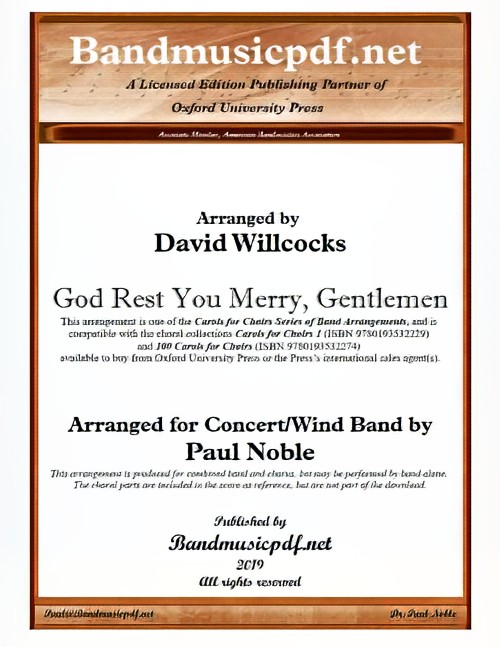 £75.00
£75.00God Rest You Merry, Gentlemen (Concert Band with Optional Choir - Score and Parts) - Noble & Willcocks
God Rest You Merry, Gentlemen is an English traditional Christmas carol. It is one of the oldest extant carols, dated to the 16th century or earlier. There are contradictory interpretations of the meaning of the phrase rest you merry at the time it was written in this carol: the verb 'rest' in the sense to keep, cause to continue to remain is typical of 16th to 17th century language. The adjective 'merry' in Early Modern English had a wider sense of pleasant; bountiful, prosperous. Some interpretations have 'merry' meaning 'mighty'. This arrangement represents one in the Series of Band Arrangements compatible with David Willcocks' Carols for Choirs.
Estimated dispatch 7-14 working days
-
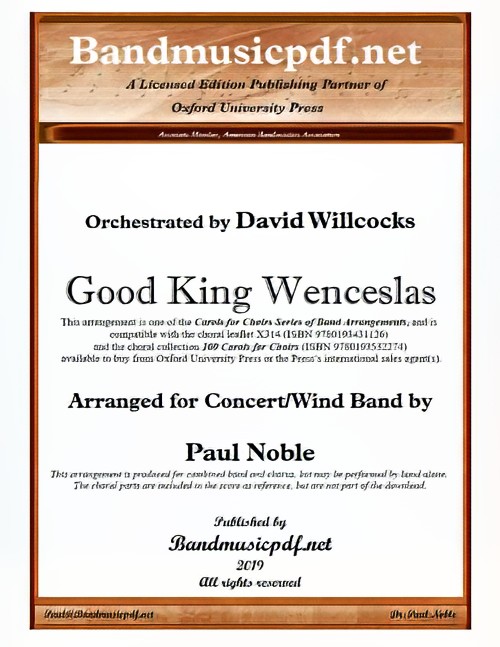 £75.00
£75.00Good King Wenceslas (Concert Band with Optional Choir - Score and Parts) - Noble & Willcocks
Good King Wenceslas is a Christmas carol that tells a story of a Bohemian king going on a journey and braving harsh winter weather to give alms to a poor peasant on the Feast of Stephen (December 26, the Second Day of Christmas). During the journey, his page is about to give up the struggle against the cold weather, but is enabled to continue by following the king's footprints, step for step, through the deep snow. The legend is based on the life of the historical Saint Wenceslaus I, Duke of Bohemia or Svat Vclav in Czech (907-935). The name Wenceslas is a Latinised version of the old Czech language Venceslav. In 1853, English hymnwriter John Mason Neale wrote the Wenceslas lyrics, in collaboration with his music editor Thomas Helmore, and the carol first appeared in Carols for Christmas-Tide, 1853. Neale's lyrics were set to the melody of a 13th-century spring carol Tempus adest floridum (The time is near for flowering) first published in the 1582 Finnish song collection Piae Cantiones. This arrangement represents one in the Series of Band Arrangements compatible with David Willcocks' Carols for Choirs.
Estimated dispatch 7-14 working days
